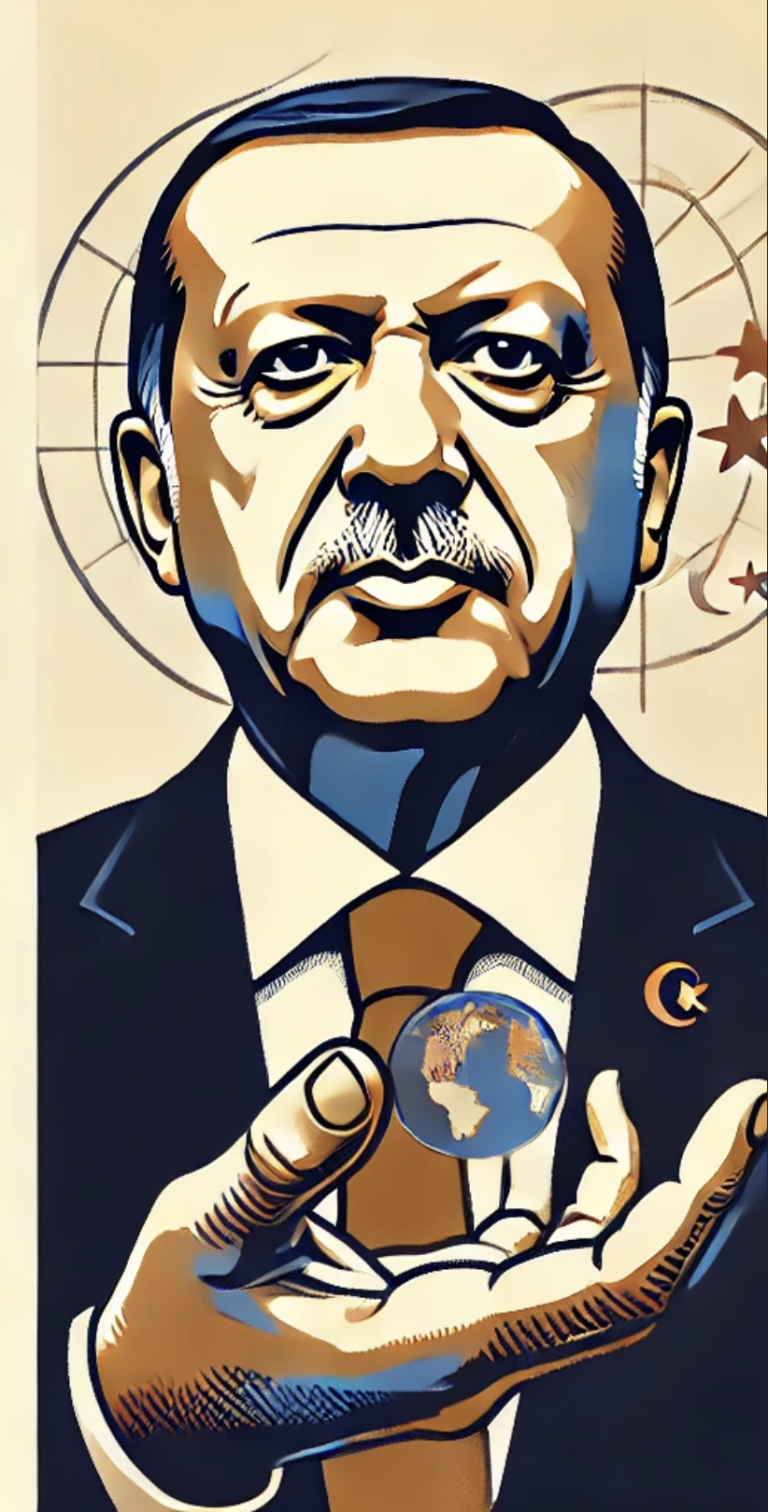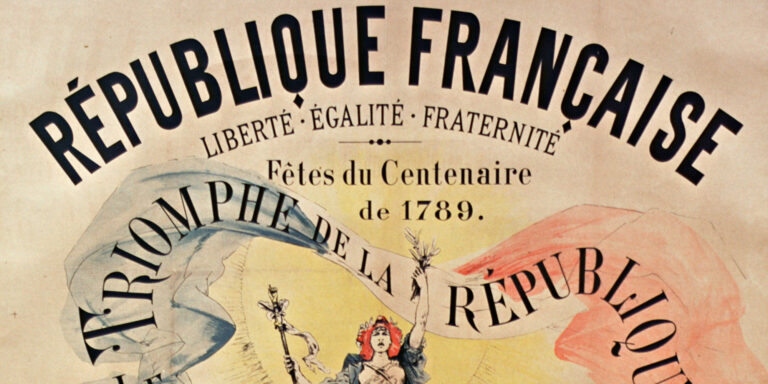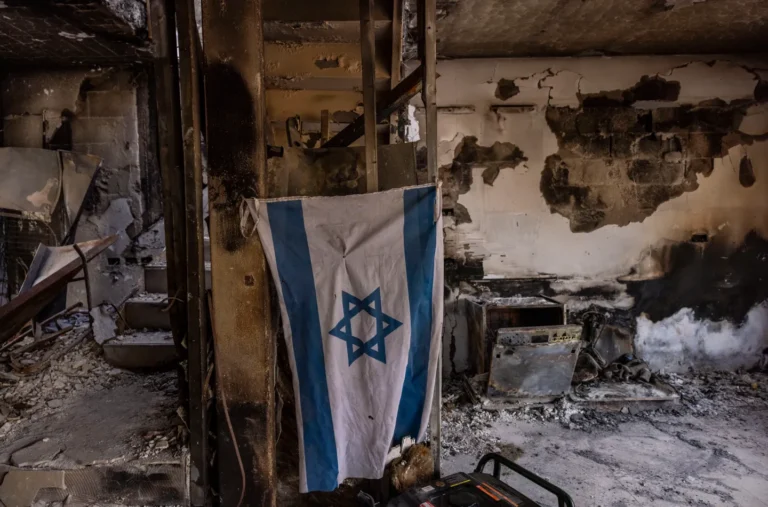By Andrea Tucci,
Seen from a distance, the government in Ankara does not much appear shaken by the protests that erupted following the arrest of Istanbul mayor Ekrem Imamoglu on March 19, and on this neither the Western powers, in the face of strong-fisted autocratic rule in this country.
While the major Turkish cities have been witnessing the biggest protests in over a decade, Turkish Foreign Minister Hakan Fidan met in Washington on Tuesday with his U.S. counterpart Marco Rubio, and discussed bilateral relations in the field of defense. After dismissing the few “concerns” about the arrest of more than 1,500 demonstrators since the start of the protests, Rubio also praised Turkey’s “leadership” in stabilizing Syria.
The White House is describing Imamoglu’s detention as an “internal judicial matter” has been behind bars in Marmara prison since last Sunday on “corruption” charges and Donald Trump called his counterpart a “good leader.”
Actually Erdogan is benefiting from a particularly favorable international context, and with Trump back the white house, Erdogan’s hands are totally free. Infact he can manage domestic political affairs as an autocrat thinking of the withdrawal of U.S. troops, present in northern Syria alongside the Syrian Democratic Forces (SDF).
Ankara has been hoping for this withdrawal for a long time, to retain the option of an incursion on its borders, should the integration of Kurdish forces into the regular army, desired by the new authorities in Damascus, fail to meet its expectations.
Surely Erdogan’s ambitions likely are not risking to be blocked by the European countries that seek to strengthen their defense against Russia in the face of a US administration intent on disengaging from the Old Continent and where, the Turkish president’s well-known pragmatism makes him also a key negotiator on the Russian-Ukrainian issue, having maintained a good relations with both sides.
At a time when confidence in the US security guarantees is waning,Turkey, with its strategic location, strong military capabilities can play an important role in European security.
Infact, it is worth highlighting that the arms industry has experienced an impressive boom under Erdogan’s impetus, and Turkey was ranked 9th in the world in terms of military strength.
Moreover, the EU has consistently prioritized migration control over democratic governance in Turkey and as long as Turkey plays a crucial role in managing Syrian refugees (around 3 millions), European leaders appear willing to overlook its rapid “democratic backsliding.”
Actually the mobilizing forces of the opposition aren’t in a good position. The country’s third-largest party, the Peoples’ Equality and Democracy Party (DEM Party), which garners the majority of Kurdish ( The Kurdish population in Turkey is estimated to be between 15 and 20 million people, that is approximately 18-20% of the country’s total population) shows little enthusiasm for supporting street protests.
At the moment, the mobilization is beyond what Erdogan expected, but at present, protests are largely confined to far-left organizations and university students, both of whom are highly vulnerable to repression.
Erdogan is now trying to control the narrative as national news channels refrain from broadcasting the shield walls in the streets of Istanbul, as well as the demonstrators picked up from their homes in the early hours of the morning before disappearing into police trucks.
According to some sources, the head of “The radio and TV regulatory authority (RTÜK”, has called the channels one by one, ordering them to stop broadcasting live coverage of the demonstrations or they would face sanctions.
It is safe to bet that if the protest movement intensifies, the media empire loyal to the Turkish ruler will demonize the opposition party, blaming it for the country’s security and economic chaos.
The Economic pressure could pose a serious challenge to Erdogan, but so far he has managed to stabilize fluctuations without major political fallout.
Already weighed down by an unprecedented economic crisis, Turkey’s currency plummeted at the start of the protests, reaching an all-time low and forcing the central bank to intervene but the government seems to have prepared a war chest for this. Central bank reserves have been increased recently in order to stabilize the currency.
As we have been able to learn there is a plan to set up an independent European defense force that won’t depend on the United States, with Turkey serving as a primary partner. But the violation democratic values is one of the main causes preventing Turkey from entering the European Union. As the EU has proved in the past, when it signed with Turkey their refugee agreement in 2016, those values are “flexible”.
Lately the Trump’s commission said: “Turkey is one of the most ancient civilizations and is striving for peace, prosperity and a security plan.”
Meanwhile in Turkey around 2.000 people were put in jail and many journalist were threatened, or arrested. Welcome Peace and Civilizations.



